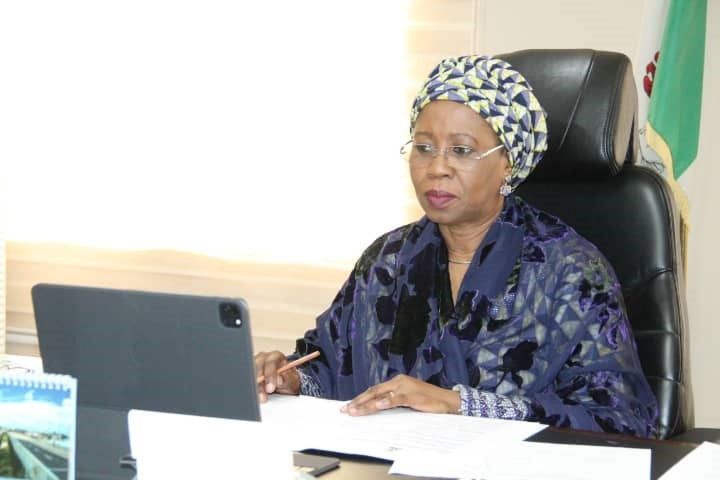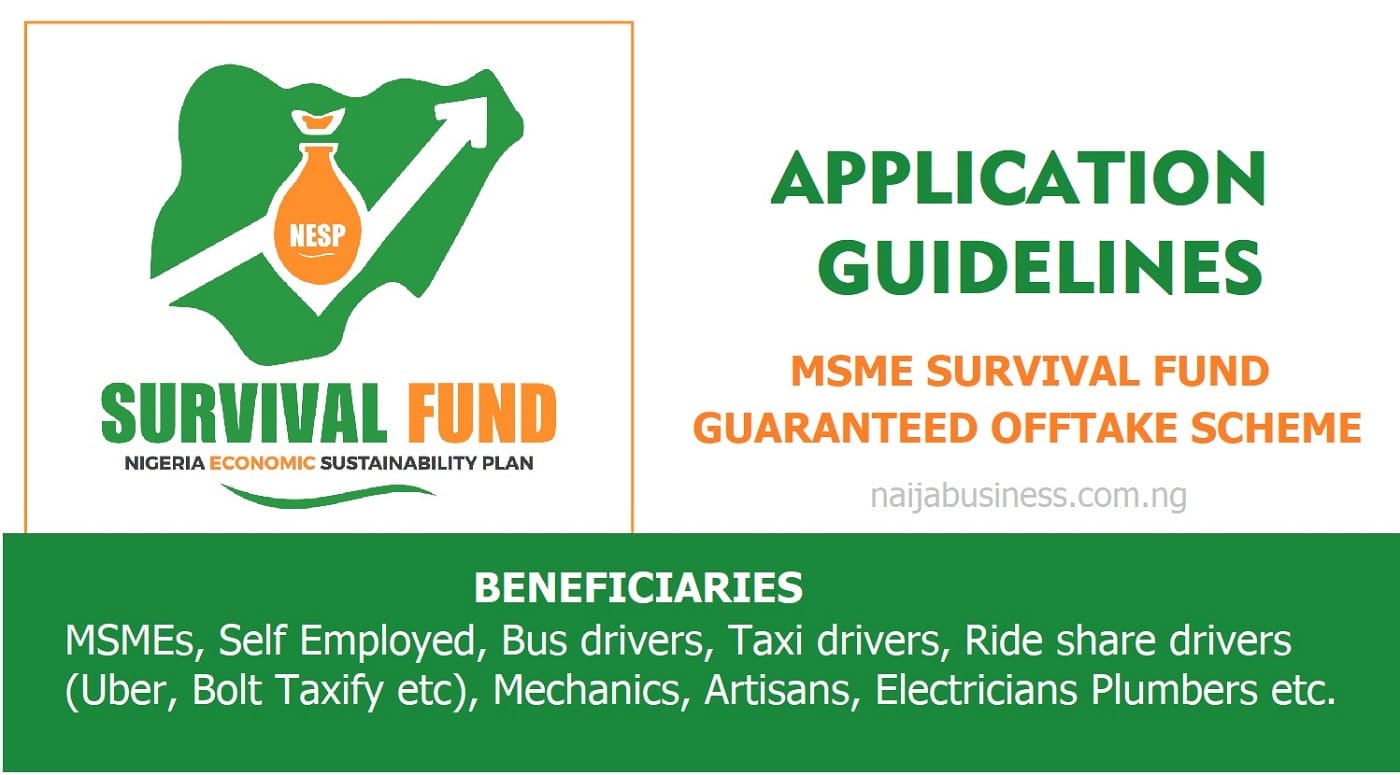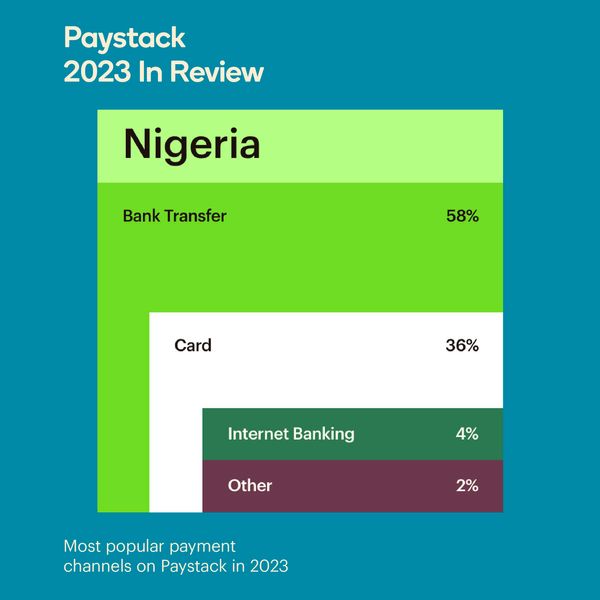The Federal Government of Nigeria commenced its nationwide implementation of the 75 billion naira Survival Fund which will be implemented via two initiatives- the MSME Survival Fund with the Payroll support track as the first scheme to rollout (60 Billion Naira) and the Guaranteed Off-taker Scheme (15 Billion Naira) to help cushion the impact of the COVID-19 pandemic on Nigerian MSMEs. The Fund is a conditional grant aimed at supporting vulnerable MSMEs in meeting their payroll obligations and safeguarding Jobs in the sector.
Amb. Mariam Katagum, the Minister of State for Industry, Trade and Investment, explained that the project will run for an initial period of three months, targeting 1.7million entities and individuals with provisions for 45 per cent female participation and 5% special needs participation.
She disclosed that the fund is a part of the Federal Government’s commitment to cushioning the impact of the COVID-19 pandemic on the economy by saving existing jobs and creating new job opportunities. The portal officially opened at 10 pm on September 21st, 2020 and was suspended as at 10.42 pm which I strongly believe was as a result of multiple concurrent applications on the portal.

The application portal for N75b MSME Fund opens Monday, 21st September 2020.
The minister said that the commissioning of shared facilities was also expected to provide succour and relief for the teeming micro businesses in need of space and infrastructural support.

Without a doubt, this is a laudable and relevant initiative with a great percentage of the funds allotted to women; however, questions remain about how inclusive the implementation of this initiative will be for the proposed beneficiaries of the initiative; MSMEs, taxi drivers, artisans, etc.
The application is to be submitted online and I am curious as to how the government intends to help these 'beneficiaries' get informed about the initiative; then apply for the funds, considering that the larger part of this demographic have little or no exposure to the internet, where it is currently being publicized.
Is there a plan to reach beneficiaries like street hawkers or the uneducated Internally Displaced (IDP) woman with a small trade business at the Camp with this information?. I am aware most of the service providers in the transport sector belong to associations; will these associations be able to apply on the behalf of their members who have no access to the internet or are financially excluded?
I hope all these moving parts were considered in the implementation plan for this policy in achieving its proposed goal of providing relief and empowerment to its proposed beneficiaries.










